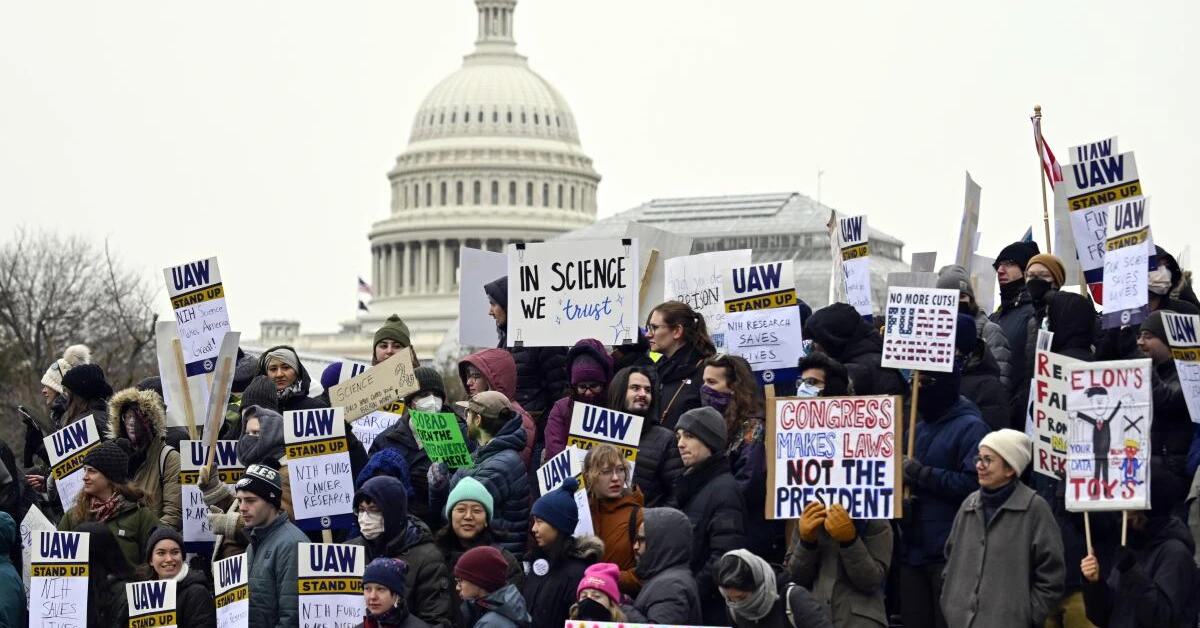
USA—The Trump administration has proposed a draft rule that would prohibit universities from receiving National Institutes of Health (NIH) grants if they maintain diversity, equity, and inclusion (DEI) programs or support Israel boycotts.
This proposal has ignited a fierce debate over academic freedom, the role of federal funding in higher education, and the broader implications for scientific research in the United States.
The draft rule, unveiled in April 2025, stipulates that institutions applying for NIH funding must certify that they do not engage in or support DEI initiatives or participate in boycotts against Israel.
The administration argues that such programs and actions are discriminatory and counterproductive to the merit-based principles that should underpin federal research funding.
Critics, however, contend that the proposed rule is an unprecedented intrusion into university governance and an assault on efforts to promote inclusivity and social justice in academia.
They argue that DEI programs are essential for addressing systemic inequalities and fostering a diverse scientific workforce.
The potential impact of the rule is significant. The NIH is the largest public funder of biomedical research globally, distributing over US$ 47 billion annually to support a wide array of scientific studies.
Many universities rely heavily on NIH grants to fund research projects, support faculty salaries, and train the next generation of scientists.
Universities across the country have expressed alarm at the proposed rule. In a joint statement, a coalition of academic institutions warned that the rule could “undermine the nation’s scientific enterprise and hinder progress in addressing health disparities.”
They emphasized that DEI initiatives are integral to creating inclusive research environments that attract talent from diverse backgrounds.
Legal experts have also raised concerns about the rule’s constitutionality. They argue that conditioning federal funding on the abandonment of DEI programs or political stances, such as boycotts, may violate First Amendment protections. Lawsuits challenging the rule are anticipated if it is finalized and implemented.
The Trump administration’s proposal is part of a broader pattern of actions targeting what it perceives as “woke” culture in education and government.
Earlier this year, the administration issued executive orders limiting the scope of DEI training in federal agencies and revoking guidance on gender identity protections.
Supporters of the rule argue that it will refocus NIH funding on scientific excellence and prevent the politicization of research.
They claim that DEI programs can impose ideological conformity and detract from the primary mission of scientific inquiry.
XRP HEALTHCARE L.L.C | License Number: 2312867.01 | Dubai | © Copyright 2025 | All Rights Reserved